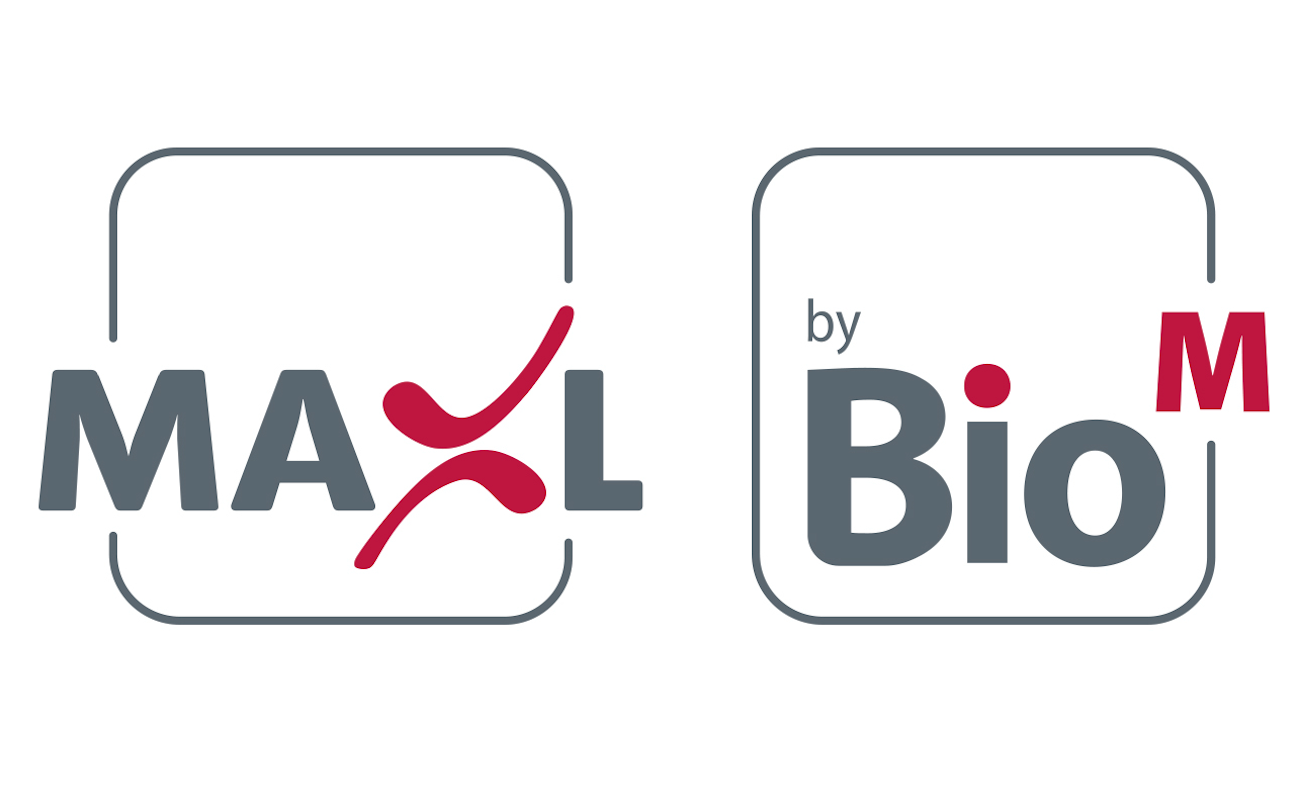Peptide Synthesis
Peptide synthesis reagents are critical for producing custom peptides used in research, diagnostics, and therapeutic development. This subcategory includes protected amino acids, activating agents, coupling reagents (e.g., HATU, DIC, DCC), cleavage solutions, resins, and solvents optimized for solid-phase peptide synthesis (SPPS).
Peptide synthesis is foundational in immunology, cancer biology, neuroscience, and pharmaceutical research, where synthetic peptides are used as antigens, enzyme substrates, receptor agonists/antagonists, or drug candidates. Researchers also use synthesized peptides in epitope mapping, T-cell stimulation assays, proteinprotein interaction studies, and bioconjugation workflows.
SPPS enables automated, high-yield synthesis of complex peptides with precise control over sequence, modifications (e.g., phosphorylation, methylation), and structure. Reagents in this category support both Fmoc and Boc chemistry and are compatible with manual bench-scale or automated synthesizers.
At Wasteless Bio, scientists can source unopened, surplus peptide synthesis reagents and resins from peer laboratories and production facilities. Each listing includes purity, protective group, solubility, and storage requirementsensuring compatibility with demanding synthesis protocols.
By sourcing these high-cost materials through Wasteless Bio, labs reduce procurement expenses while helping minimize excess chemical inventory. Whether synthesizing linear peptides, cyclic constructs, or modified libraries, this category provides critical components for building functional peptides in modern life science research.
Filters
Top Picks
Our most popular sustainable products







